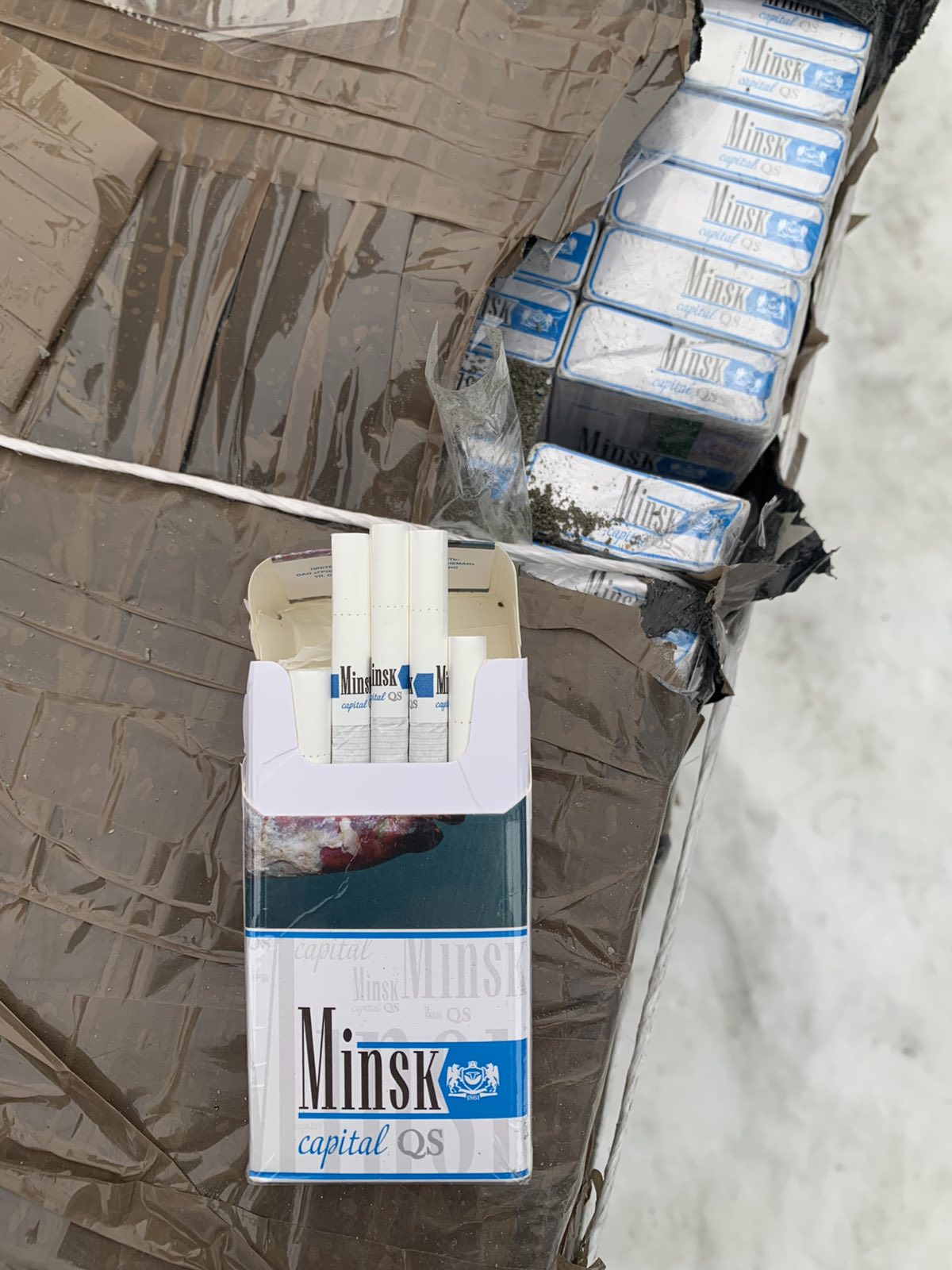LTG Cargo tightens up rules to fight smuggling of sanctioned goods

LTG Cargo, the freight subsidiary of Lithuanian Railways, is introducing stricter regulations to prevent sanctioned cargo from illegally entering Lithuania, especially from Belarus. Since the beginning of March, LTG Cargo’s customers will have to provide additional documentation concerning cargo transported on the broad gauge in advance.
As LTG Cargo explained, part of the cargo information was collected and checked only after it entered Lithuania. From now on, the amount of information provided at the approval stage will significantly expand, making it easier to identify possible violations. LTG Cargo customers “will have to resubmit their requests to transport freight from third countries together with the additional information”.
“To ensure that all customers properly comply with the updated procedure, they will need to re-submit third-party cargo applications with additional information”, said LTG Cargo. The company claims it is ready to keep suspending shipments if there is any suspicion of attempts to smuggle illegal goods or if customers refuse to provide additional documents.
Lithuanian efforts to stop smuggling are increasing
LTG Cargo’s new regulations are not the first Lithuanian initiative to try and fight smuggling from Belarus. In mid-February, the country decided to close the Stasylos-Byenyakoni rail border crossing with Belarus. This was because of increasing discoveries of illegal cargo being transported via Lithuania to the Russian exclave Kaliningrad. This decision was justified by the absence of proper X-ray checking devices at the site.
Around the same time, the Lithuanian Customs Criminal Service (KMT) seized almost 45,000 euros worth of bootleg cigarettes coming from Belarus. More recently, KMT said it had seized 3,000 tonnes of sanctioned fertiliser for a total of two million euros. This led to the arrest of two people on suspicions of involvement in sanction circumvention schemes. Both the cigarettes and the fertiliser are produced by companies under the Grodno Azot group, led by Igor Lyashenko.

Lykashenko and his assets have been subject to sanctions because of his support for Belarusian president Alexander Lukashenko. Moreover, when some workers from Grodno Azot participated in protests against Lukashenko’s regime, they were fired or even threatened by both the company and the government.
Also read:





